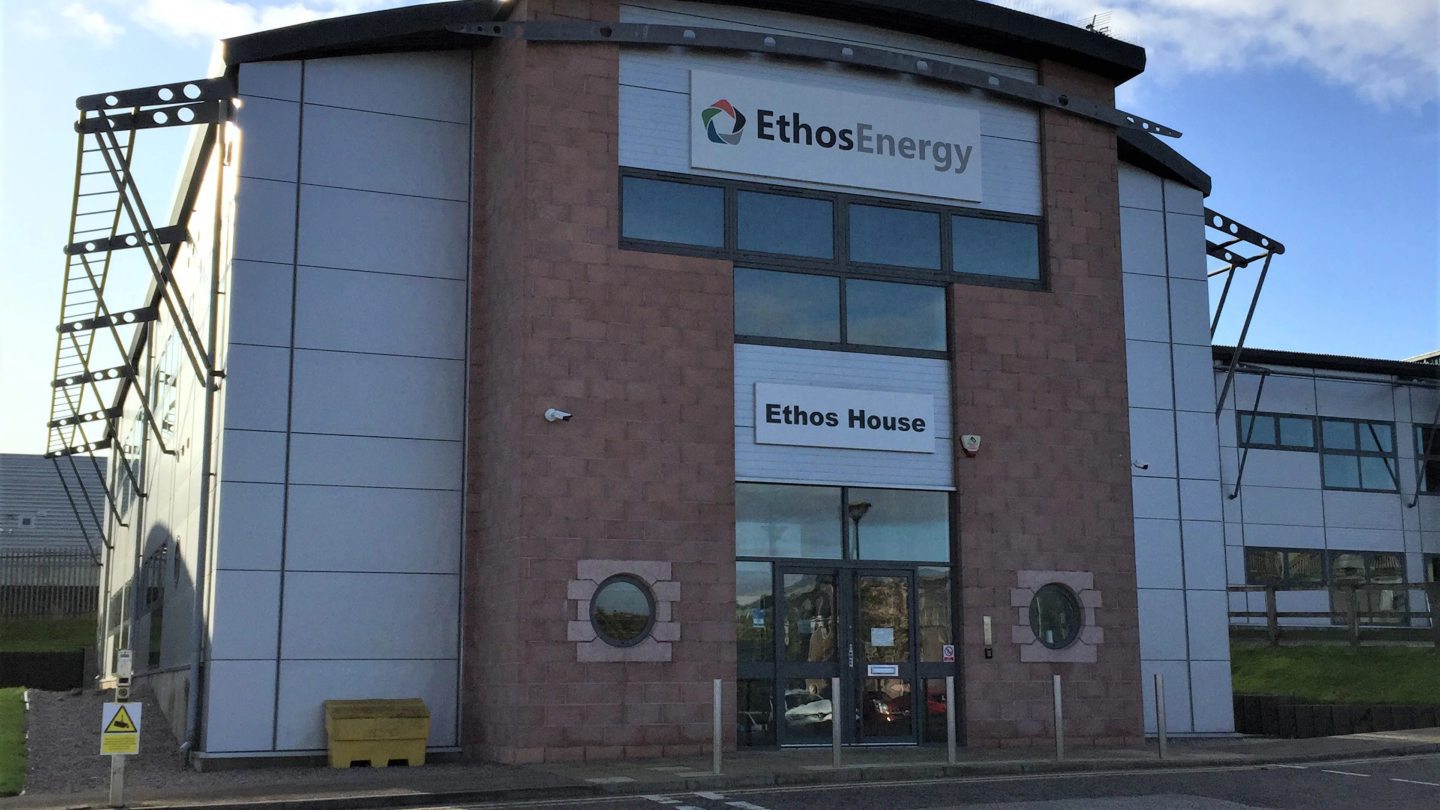When Europe’s top court delivered its ruling on Germany’s Halmer case in late December, it seemed to slam the door on private equity investment in EU law firms. Yet, look closer and you’ll see PE slipping in the back door from Arizona to the U.K., Spain and beyond.
The U.K. and Australia have allowed alternative business structures (ABSs) for more than a decade. Arizona started approving them in 2021 and Spain’s ECIJA sold a stake to Alia Capital Partners last year so it could open new offices and attract partners.
A surprising number of firms are determined to raise capital, not just by converting to alternative business structures but also through service bifurcations that split the legal practice from the law firm’s service company—which may handle tech, admin or HR—averting the need for a regulated ABS structure.
Are these AmLaw 25 firms? Not yet. But some of those considering a PE injection have revenue north of $100 million, almost no debt and an exciting AI story, so investors expect the trend to trickle upmarket and the sky is the limit.
The turnover of the U.S. legal services market alone is estimated at $600 to $700 billion. Globally, it is thought to be $1 trillion, so law firms are seen as the last untapped gold mine. As one investor told Law.com: “If this sector liberalises and you are not in it—early—that’s going to be a problem for you.”
The Last Untapped Gold Mine?
Inflexion Private Equity Partners completed the take private of delisted DWF’s global legal business in 2023. Florida-based Sun Capital spent £36.7 million buying serious-injury U.K. law firm Fletchers and Horizon Capital committed £30 million for a majority stake in Adeptio Law Group in late 2024, aquiring the U.K.’s FBC Manby Bowdler law firm as part of a wider strategy to build a national legal services group.
Small beer? Maybe. There’s no ‘Big Bang’ here. This isn’t 1986 when London’s financial markets were transformed by abolishing outdated regulations, introducing electronic trading, and opening the door to foreign investment.
The private equity-law firm shift is far more discreet. And calculated.
“This is a slow burn,” Crispin Passmore of London-based Stratify consultancy said. “This is about overestimating the immediate impact and underestimating the long-term impact.”
Private Equity at the Gate
Passmore should know. He sat on the Legal Services Board that introduced England and Wales to ABSs in 2012. Now he runs a consultancy linked to London’s Kingsley Napley and advises U.S. investors and states like Arizona. Passmore also advised Utah on its Regulatory Sandbox as well as California and Florida, although they haven’t gone down the ABS route yet. Private equity isn’t waiting around.
“We’ve got models that work across the U.S. Money is pouring into the legal market and it doesn’t breach fee-sharing rules,” Passmore said. “We’ve got models that make the restrictions in most states irrelevant and money is coming in as it did into health, as it is into accountancy, where there are similar sorts of rules.”
What about the risks though? Germany’s Halmer case at the European Court of Justice sparked widespread debate about whether investment by third-party, non-lawyers could jeopardise law firm independence, basically allowing PE to treat law like a commodity.
Passmore’s take? “Private equity and other investors don’t want to interfere with the lawyers’ work. The reason they want to invest is because the lawyers are good at that work. They don’t think they’d be better at it, so they don’t want to be involved in the practice of law. They want to help grow the business.”
It’ll be a gradual climb, though. There are more than 1,500 law firms licensed as ABSs in England and Wales, including some large U.S. firms, but not all are using their ABS license, so why bother registering? It’s about options. “You want to keep the flexibility,” according to the London managing partner of a U.S. law firm, one of the capital’s recent arrivals.
Rocky IPO History
Some partnerships may be wary of London’s turbulent history of law firm IPOs. RGB Holdings is a case in point. The share price of the listed law group dropped to 2.74 GBX on Friday, compared to 22.50 GBX just over a year ago, after a management bust-up and call for an extraordinary meeting. Since it listed in May 2018, RGB Holdings has struggled to generate a profit.
Others will see past the hurdles though and imagine the financial firepower that comes with PE investment, allowing their partnership to acquire other firms and consolidate.
Germany’s experience with December’s ECJ case—involving German lawyer Daniel Halmer who allowed an Austrian non-lawyer to invest in his law firm—tested the waters in continental Europe but certainly did not open the floodgates to PE money. In fact, the Halmer case was seen as a loss by some. Hengeler partner Dirk Uwer, who advised Halmer, isn’t giving up just yet though: “The German legislator is not bound by the court’s reasoning.”
British consultant Crispin Passmore isn’t deterred either. “Let’s remember, the industrial revolution took about 70 years. It didn’t happen over the weekend where every factory converted to electricity.“
It seems the legal world’s quiet revolution is here—not with a bang, but with a cautiously optimistic, lawyerly march toward modernization.




